Following his swift election, President Lee Jae-myung is expected to take a cautious approach to U.S. trade negotiations, using the transition period to reassess his strategy while monitoring the moves of China and Japan.
As President Lee Jae-myung begins his term without a transition period, his administration is expected to take a measured approach to trade discussions with the United States, carefully observing how major players like Japan and China navigate their own negotiations.
Trade is expected to be a defining issue for Lee’s presidency. The new leader emphasized the urgency of U.S. negotiations just before his election, aware that the future of South Korea’s export-driven economy depends heavily on the outcome. Key sectors, including semiconductors, automobiles, and shipbuilding, remain vulnerable to global market shifts.
Although reports suggest Washington requested countries submit their trade positions by Wednesday, South Korean officials have not confirmed receipt. Internally, Democratic Party figures believe the recent leadership change provides a natural reason to slow engagement. According to a trade strategist involved in policy planning, this moment offers the administration room to reevaluate the broader direction of the talks, which may help delay formal responses without friction.
Some lawmakers suggest that ongoing developments in U.S. politics and negotiations with other nations make a wait-and-see stance more strategic. While Seoul and Washington had previously agreed to aim for a “July package” to resolve tariffs before the 90-day pause expires, political disruption in Seoul delayed progress.
Lee’s campaign avoided detailed public statements on the trade issue, which one party source described as a deliberate choice to preserve flexibility. Post-election, the Korea International Trade Association urged the new government to act swiftly and use all diplomatic tools to adapt to shifting trade dynamics.
Though the administration may not immediately seek an extension from the U.S., prolonged negotiations by other countries could indirectly benefit Seoul’s timeline. President Lee has also hinted that the July 8 deadline deserves reconsideration, signaling a more deliberate approach.
South Korea’s industrial strength seen as advantage in negotiations
Observers say South Korea could bring more to the table than many of its peers. With technological and industrial strengths that align with U.S. interests, Seoul may have stronger bargaining power than it appears. Jay Truesdale, CEO of TD International and a former U.S. diplomat, noted that South Korea can offer proposals that align with Washington’s domestic goals, especially given its role in politically sensitive sectors.
Kathleen Oh, chief economist for Korea and Taiwan at Morgan Stanley, shared a similar view, stating that Korea has more options to find common ground than economies like Taiwan. She pointed to opportunities such as increasing U.S. imports or easing agricultural tariffs on products like rice, frequently mentioned by President Trump, as a way to help balance trade relations.
Japan’s experience may also serve as a blueprint. Tokyo, facing similar tariffs, has opted not to pursue a deal unless it secures relief on auto-related duties—a key area for both countries. “We are watching China and Japan closely,” said a trade expert. “China helps us assess the likelihood of U.S. policy changes, while Japan provides a model for handling similar circumstances.”
Although China and the U.S. agreed in May to roll back some tariffs, fresh accusations from Trump have since cast doubt on the truce. Two sources noted that joint responses between South Korea and Japan are more likely than with China, due to their aligned interests in sectors such as energy and automotive exports.
Within Lee’s party, officials anticipate a dual-track approach in the coming weeks. While existing negotiators continue discussions, the new administration is expected to refine its strategy and broader goals.
Sogang University professor Heo Yoon suggested the upcoming G7 summit in Canada could offer a valuable diplomatic opportunity. “If invited, South Korea could use the meeting to request an extension to the tariff pause,” he said. Such a move, he added, could also strengthen ties with Washington over Beijing.
Still, some experts urge caution. “If we finalize an agreement and the terms later shift, we risk having made avoidable concessions,” said one. “But South Korea is not without leverage in this process.”
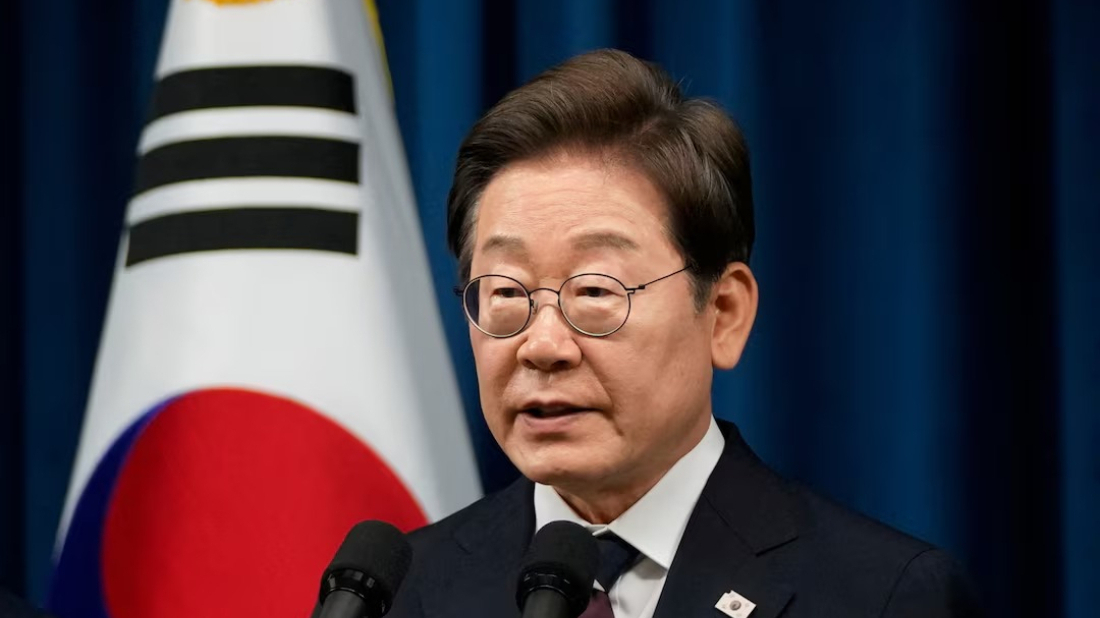
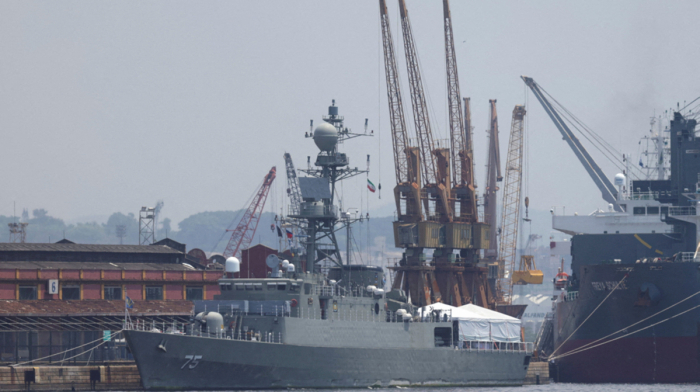
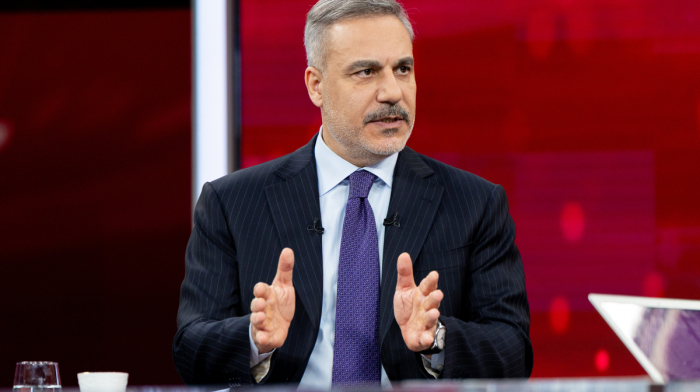
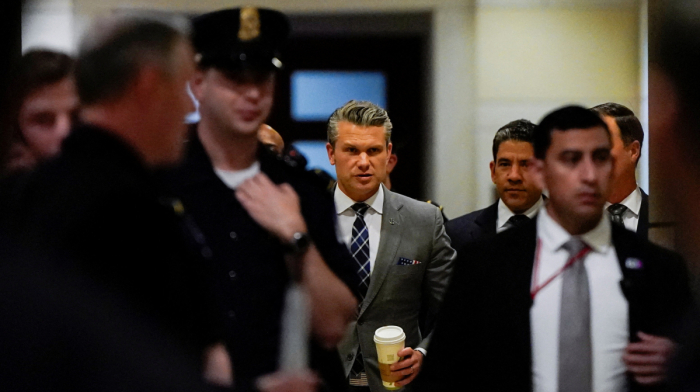




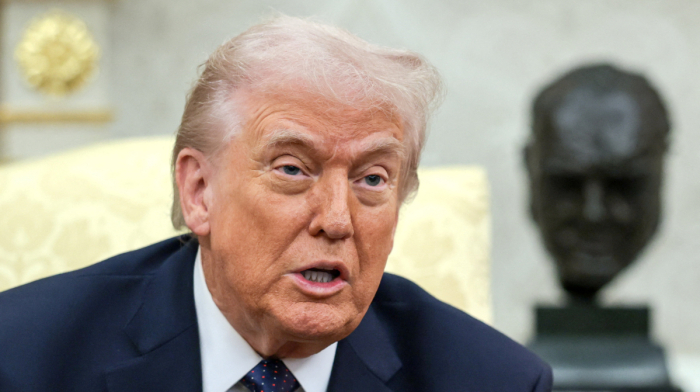
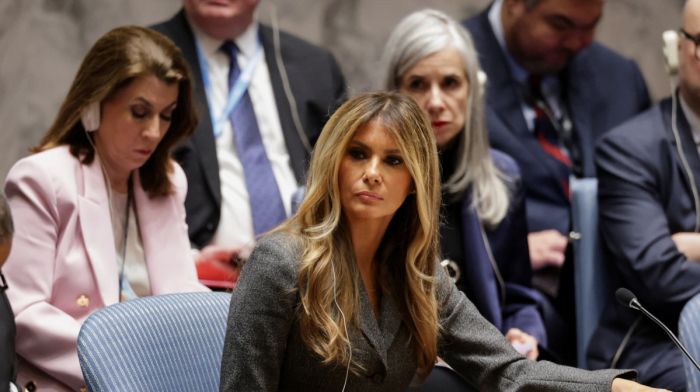




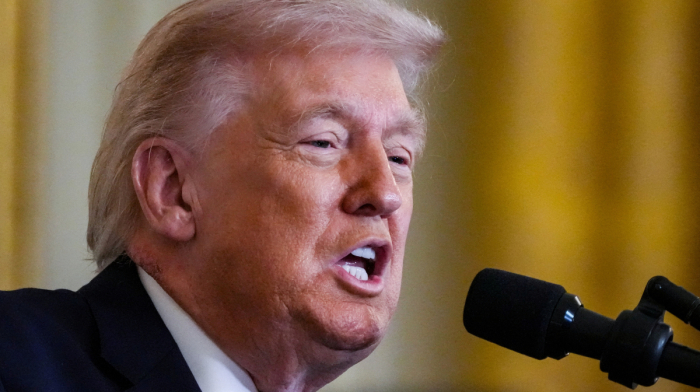




What is your opinion on this topic?
Leave the first comment